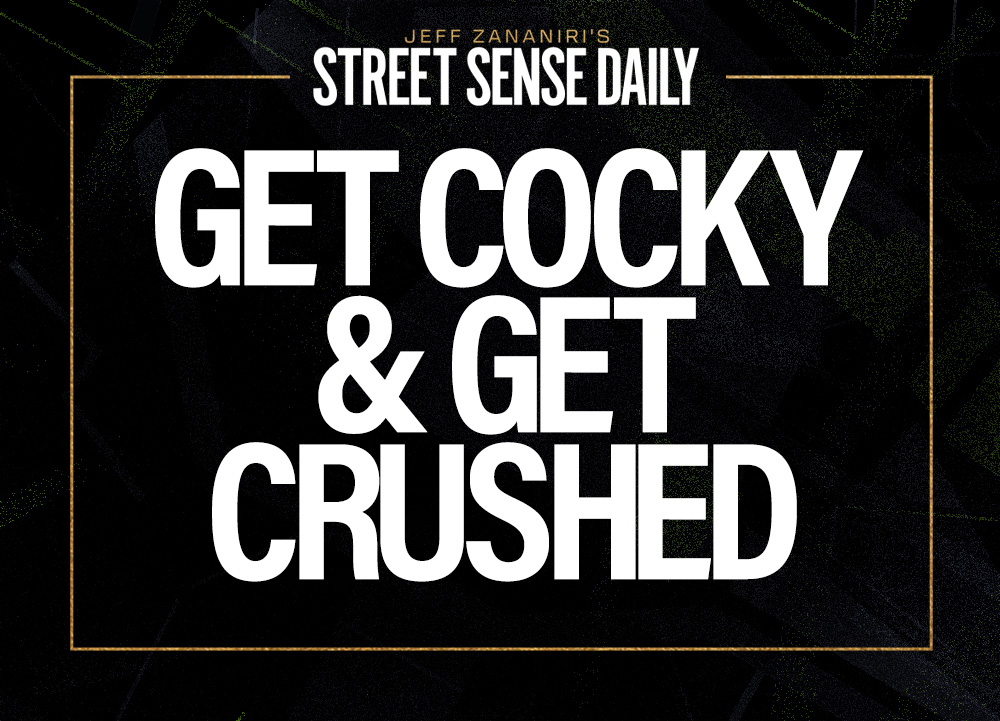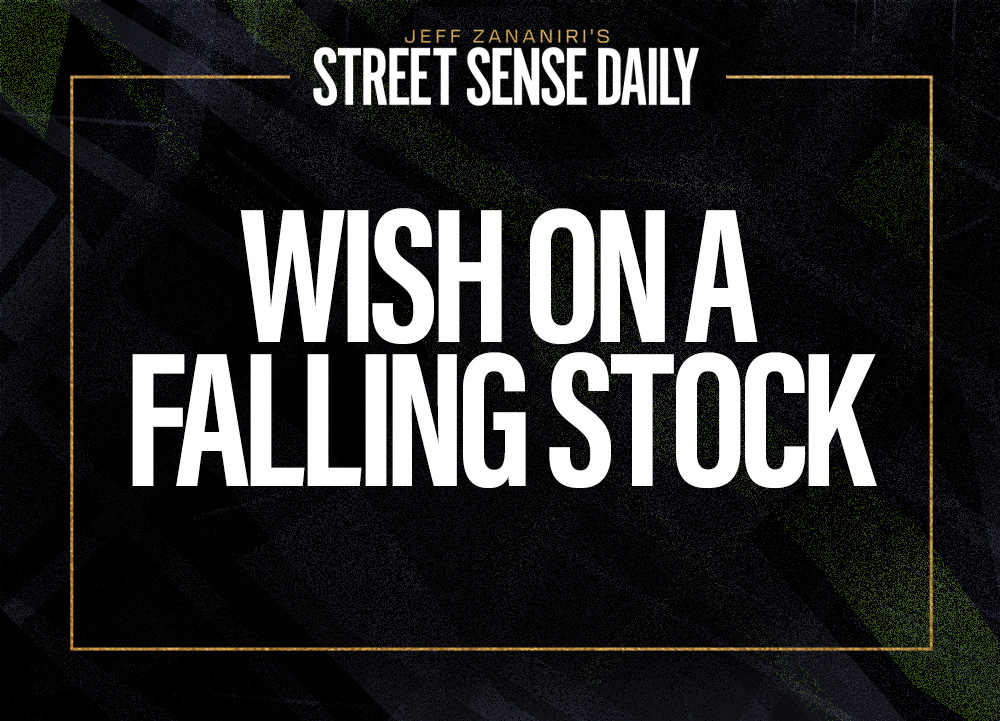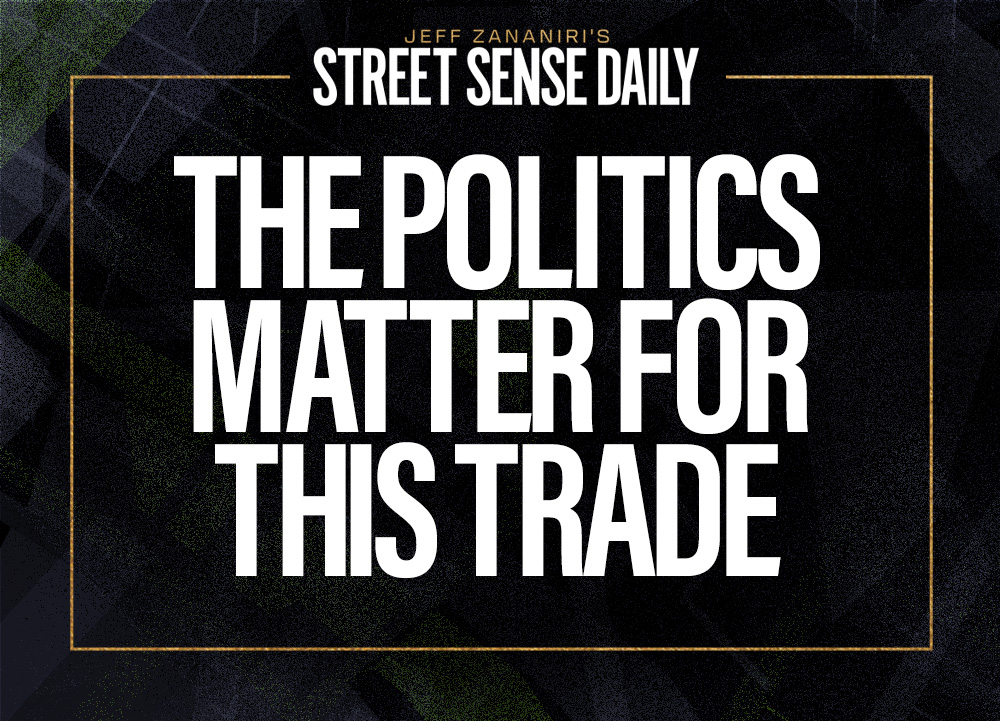Back in my early days on the Street, I was sitting in the pit, fresh off one of the biggest trades of my life.
I’d nailed a position in Morgan Stanley calls just before an earnings beat, and the payout was massive.
I strutted out of that trade like I had just reinvented options.
And then I gave half of it back.
Not because the market turned against me or the setup was bad. I gave it back because I got cocky.
I got addicted to the feeling of being “right.” I jumped into the next trade without the discipline that made the first one work.
That moment taught me one of the most expensive lessons in trading: Sometimes the smartest move is not to trade at all.
But for some of us, there’s this itch to always be in the game, like every second you’re not trading, you’re missing an opportunity.
But you’ve got to ask yourself, are you hunting for opportunity, or are you trying to chase a high?
The markets reward discipline, not action.
Here’s the truth I wish someone had drilled into my head back then: Money isn’t made by trading more, it’s made by trading better.
You don’t get paid for activity. You get paid for precision.
Let’s look at a few key rules that have helped me avoid post-win spirals and revenge trades alike.
Recognize Emotional Overload
After a big win or loss, your brain chemistry is wrecked.
Dopamine, cortisol, adrenaline — you’re basically in a mental blender.
This is the worst possible time to make a trading decision.
If you just scored big, you might think you’re bulletproof.
If you just got burned, you’re out for blood.
Either way, you’re not thinking straight. Don’t trade in that state. Period.
My rule? Step away.
Go outside or take a walk. Disconnect from the screen and reset.
Set Pre-Defined “No Trade” Periods
One trick I picked up later in my career is to build in cooling-off rules.
If I close a trade that made over 300% or more than my typical win size, I take the rest of the day off.
I don’t even look at charts.
Same goes for a losing streak. Two losers in a row, I pause and reassess.
Not forever. Just long enough to get my edge back.
Stick to the Playbook
Big wins trick traders into thinking they’re smarter than their strategy.
Suddenly the rules don’t apply, right?
Wrong.
If you don’t have a setup that matches your core playbook,you have no business putting on a trade.
You’re not an idea machine. You’re a risk manager.
Remember Why You’re Doing This
If you’ve got a family, goals, or dreams tied to your trading, think about them.
I trade to provide for my wife and kids. Every decision I make, I picture their faces. That keeps me grounded.
Your job as a trader isn’t to prove something to the market.
It’s to extract profits consistently and protect capital like it’s oxygen.
Track Your Off-Days
Want a wake-up call?
Go back and log every trade you made after a big win or loss.
I guarantee you’ll find a pattern, and probably not a good one.
Awareness is step one. Once you see the damage clearly, it gets easier to pull back next time.
Brace It and Pace It
Look, we’re not robots.
Trading is a mental game as much as a technical one.
You’re going to have moments where you feel invincible — or desperate.
But the best traders, the ones who last, know when to sit on their hands.
So next time you crush a trade — or get your teeth kicked in — don’t be so quick to jump back in.
Give your brain a breather. Protect your edge like your career depends on it.
Because it does.
Stay sharp,
Jeff Zananiri
P.S. Today at noon ET, Aaron Hunziker will take you through one of the fastest-growing opportunities in the market right now:
These contracts move fast. They hit big. Trade them the right way.
👉 [Save your seat now — before space fills up.]



